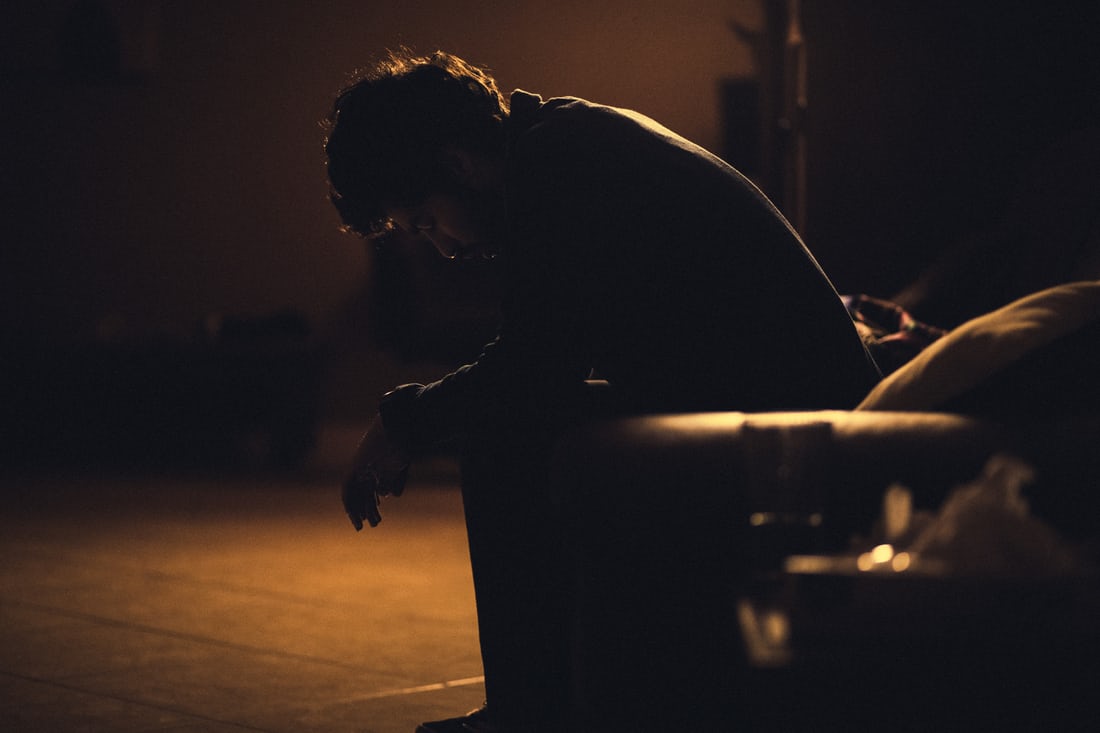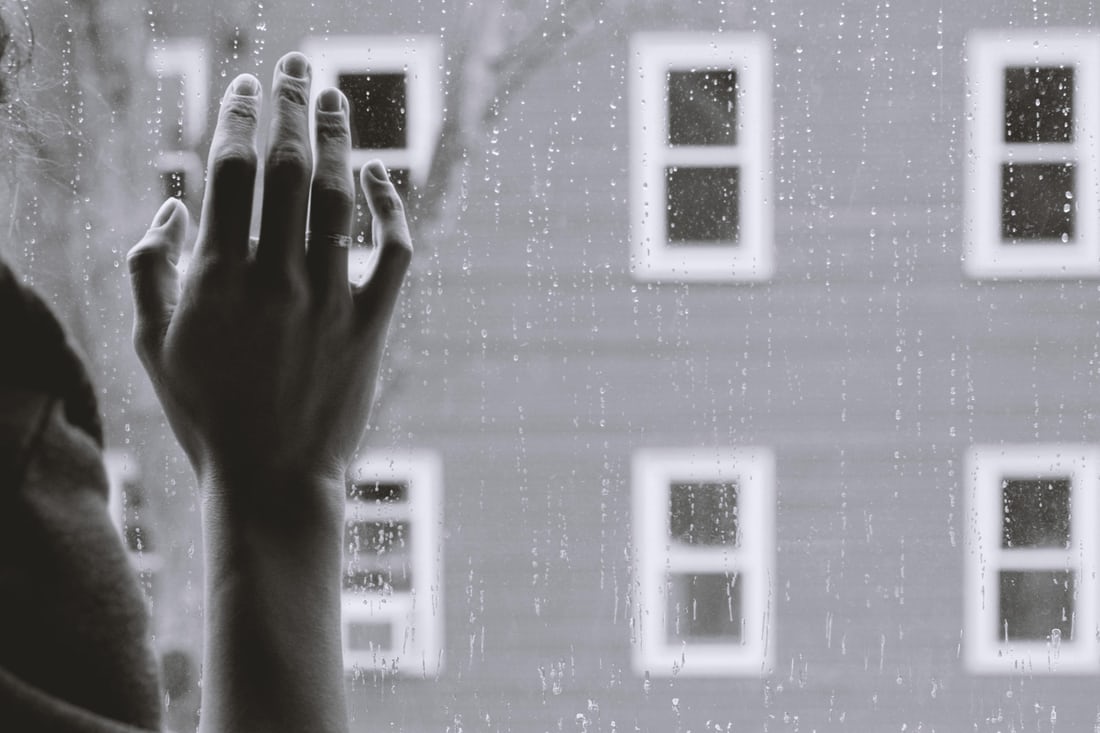We often hear people talking about depression but do we actually make an effort in understanding what it exactly is? It is very important to understand what clinical depression is if we want to help someone come out of it, or just spread awareness in general. Depression, or major depressive disorder is a mood disorder that can result in persistent sadness or disinterest. The sadness that we’re talking about is not short-lived and cannot be treated by small gestures. There’s a feeling of helplessness, hopelessness associated with this sadness and it can last for weeks and months or even more, if not treated properly. Clinically depressed individuals often lose their will to live. Waking up everyday feels like a mammoth task for them. Feeling pessimistic, losing appetite, fatigue, aggressiveness, and self-harming tendencies are some common symptoms of depression. Some factors that might cause depression are mentioned below.

- Hormone Levels
Alterations in female hormones like progesterone and estrogen during different points of time such as during menstruation, menopause, postpartum period, etc, might increase the chances of depression for menstruators.
- Brain Chemistry
More often than not, there are certain chemical imbalances found in the brains of those who suffer from depression. These imbalances might be in areas that deal with our moods, thoughts, appetite, behavior, etc.
- Medical Conditions
If you’re suffering from certain medical illnesses, you would be at a higher risk of being clinically depressed. Some of these are Parkinson’s disease, heart attack, cancer, insomnia, etc.
- Brain Structure
The structure of the brain is not the same for everyone. This plays a major role in determining whether we are prone to depression or not. It has been found out that if the frontal lobe of your brain is less active, there would be a greater risk of you being depressed.
- Family History
If you’ve a family history of depression, you should be more careful because there are chances that you might develop mental illnesses as well. People who have a family history of depression should make additional efforts in taking care of their mental health.
- Childhood Trauma
More often than not, our depression is the result of a past trauma that we are unable to let go of. The trauma becomes more intense if the incident takes place in our childhood. Disturbing memories from our childhood are extremely hard to get over. Sometimes, it might take years of therapy to come out of a childhood trauma.





